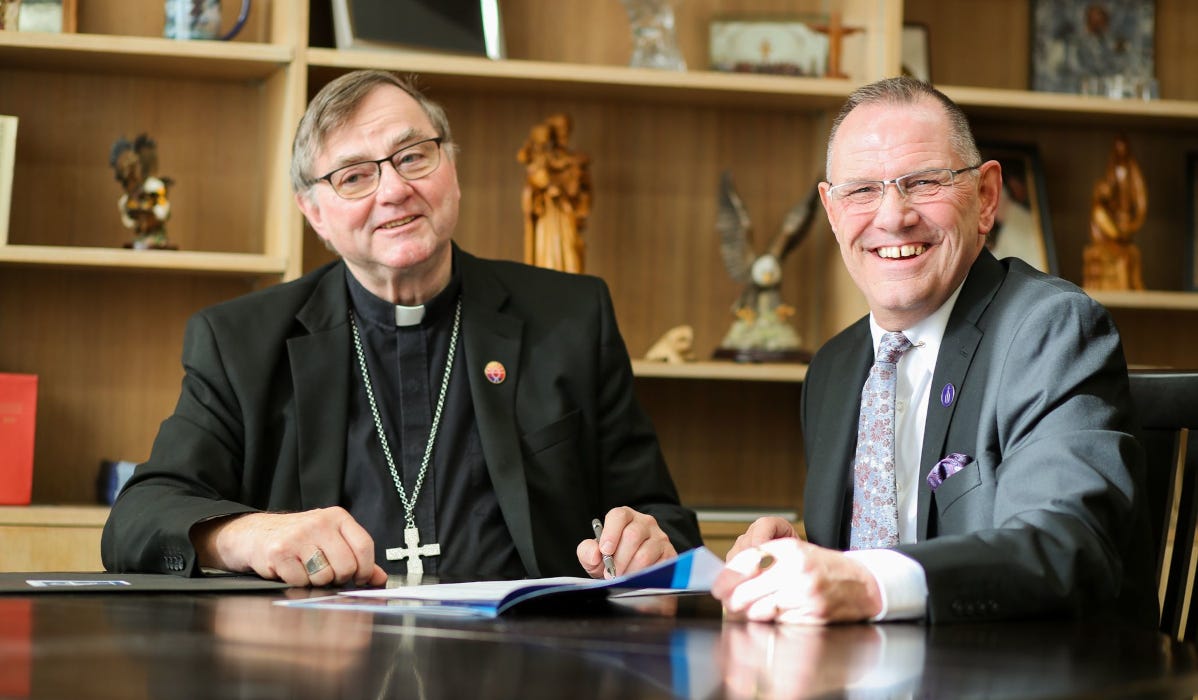Supreme Court unanimously agrees with Catholic charity in jobless-fund case
Dispute hinged on whether secular support services can be a religious activity

A church’s charitable work can be considered religious in nature for the purpose of certain tax laws even if it doesn’t include overt religious activity such as worship or proselytizing, the…


